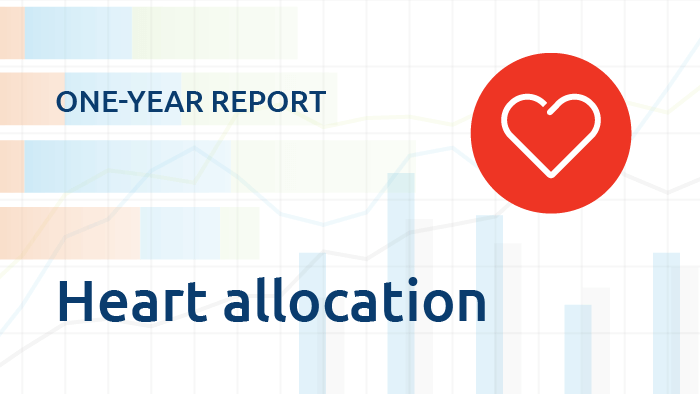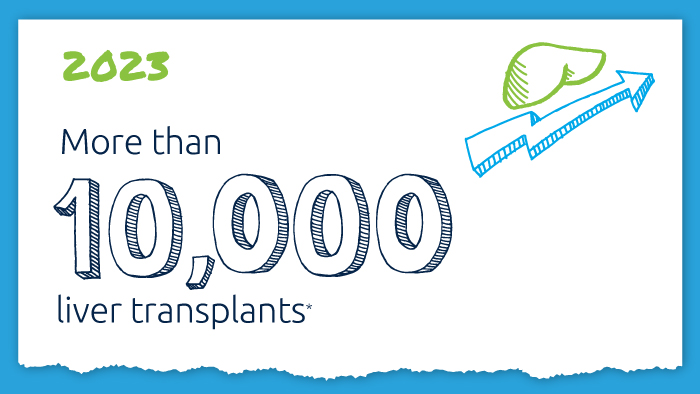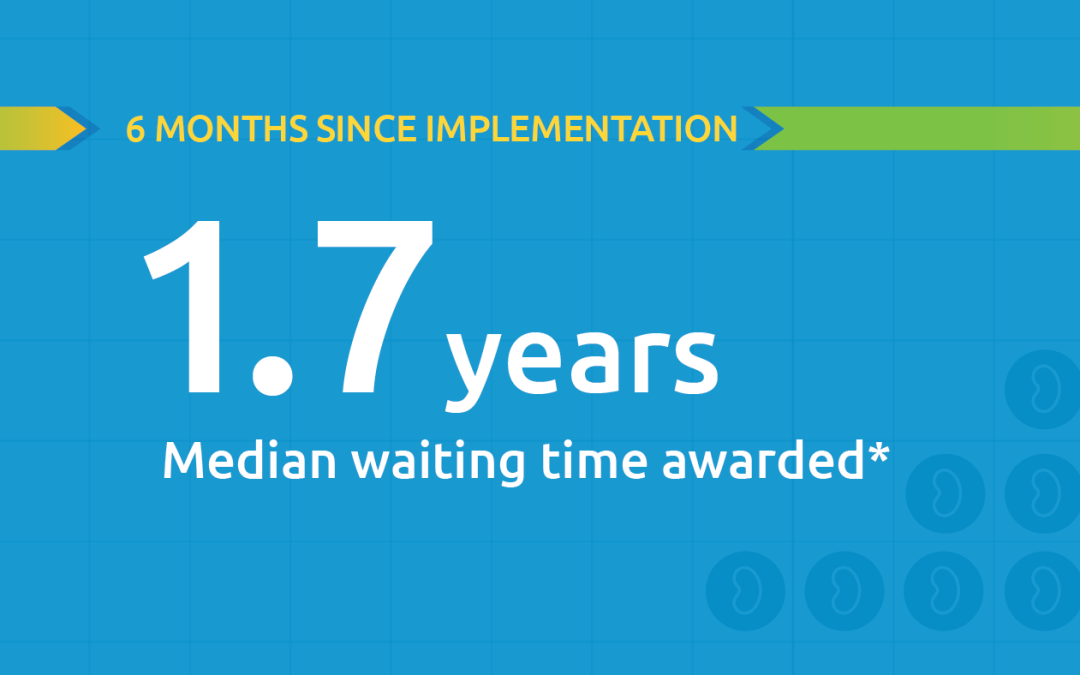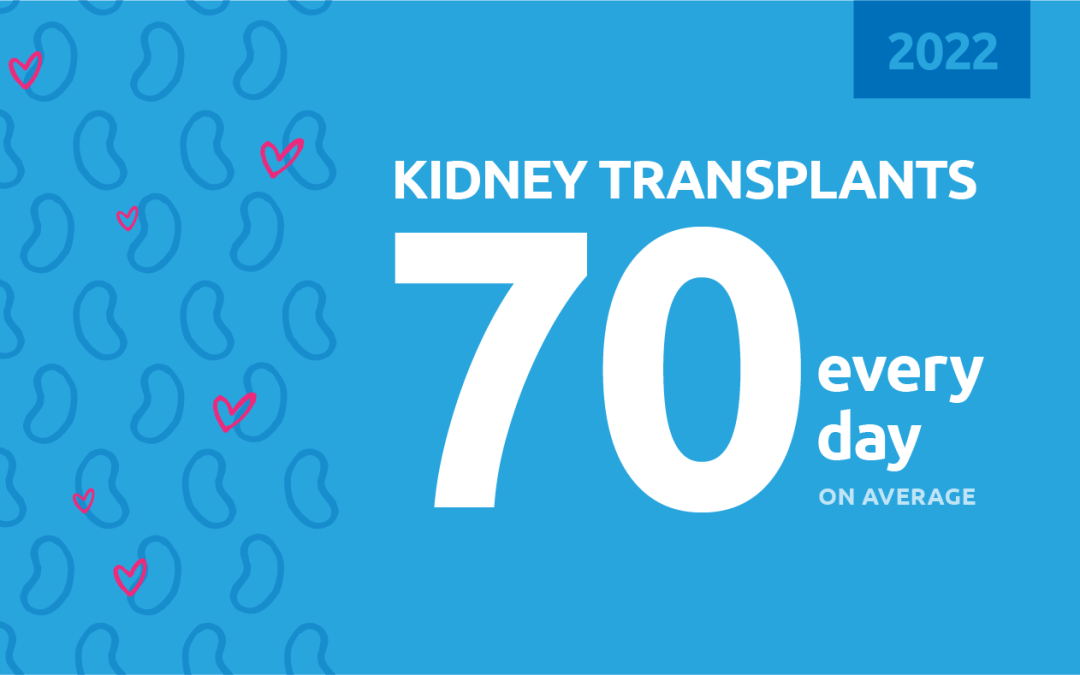in focus
In a recently published article, UNOS-led research found that the new heart allocation policy provides broader access to the most medically urgent candidates.

The OPTN implemented a new adult heart allocation policy in 2018 to better stratify candidates by their waitlist mortality risk and provide broader access to the most medically urgent candidates.
Early evidence suggests a new heart allocation policy has achieved many of its intended goals, enhancing stratification of candidates by medical urgency and providing broader distribution for the most medically urgent candidates with minimal impact on overall post‐transplant outcomes, according to United Network for Organ Sharing-led research that recently published in the May issue of the American Journal of Transplantation.
Adult heart allocation has historically been driven by predicted waitlist mortality, and reliant on health care providers to transplant the candidates who they felt would most benefit from the procedure. To address inherent deficiencies of the previous policy, the Organ Procurement and Transplantation Network implemented a new heart allocation policy in 2018. The new six-tiered system modernizes prioritization to better stratify candidates and provide broader access to the most medically urgent cases.
To assess the effectiveness of the new allocation policy, researchers analyzed OPTN data on waitlist and transplant characteristics, geographical distribution, and early outcomes one year before and after the new policy was implemented. The OPTN released a one-year monitoring report in March prior to releasing the full analysis in May.
Key findings included:
- Seventy‐eight percent of transplants in the “post” era were for the most medically urgent (statuses 1‐3) candidates, compared to 68 percent for status 1A in the “pre” era.
- The median distance between the donor and transplant hospital increased from 83 to 216 nautical miles.
- No statistically significant change in six-month post-transplant patient survival (93.6 percent pre vs. 92.8 percent post).
Goff, R.R., Uccellini, K., Lindblad, K., Hall, S., Davies, R., Farr, M., Silvestry, S. and Rogers, J.G. (2020), A Change of Heart: Preliminary Results of the US 2018 Adult Heart Allocation Revision. Am J Transplant. Accepted Author Manuscript. doi:10.1111/ajt.16010
In focus

A decade of record increases in liver transplant
10,660 liver transplants, the most ever in a year.

Black kidney candidates are receiving waiting time modifications, helping them get the organs they need
Latest kidney monitoring report shows two new kidney polices are working as intended

Research in focus: examining organ offers
Three recent studies from UNOS researchers examine offer acceptance practices and impact of Offer Filters tool.

New milestone reached in kidney donation and transplant
For the first time, more than 25,000 kidney transplants were performed in a single year

